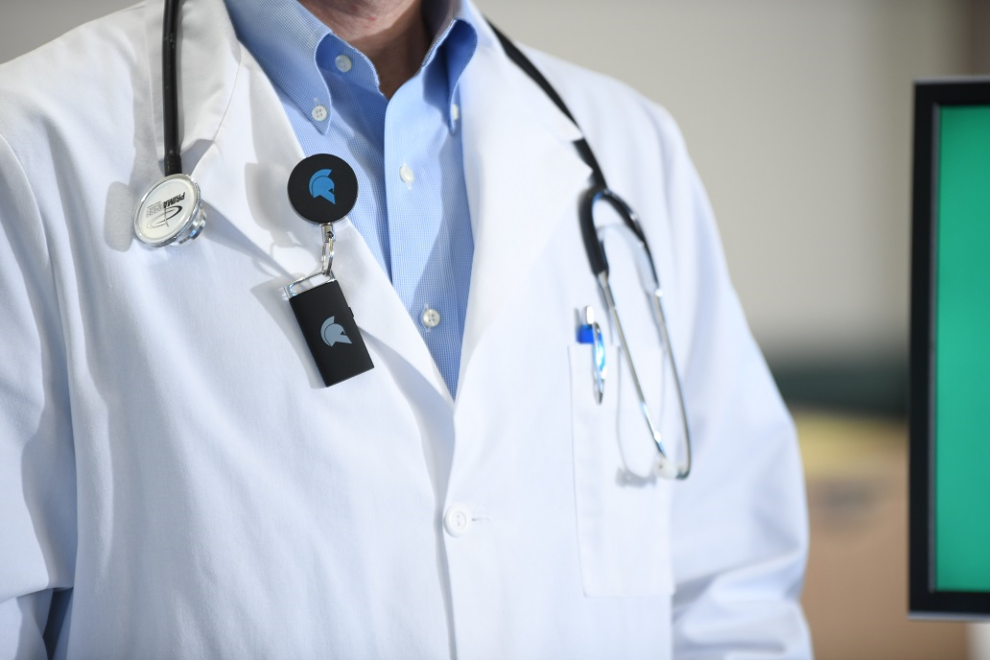How Hospitals Can Optimize Non-Medical Responsibilities
Medical facilities like hospitals, and the professionals that call those places “work” have a hard row to hoe. Doctors and nurses put in long hours and expose themselves to various diseases in order to make sure that the average person is protected. However, there are also plenty of aspects of a hospital that make the job harder without contributing to the treatment of patients. Luckily, there are ample solutions to these problems, and these tips can help you optimize your facility.
Marketing
No business can thrive without a strong customer base, and hospitals are no exception. Especially as the prevalence of emergency room alternatives increases, hospitals have to compete in the game of commerce in order to keep their doors open. It’s difficult to know how to attract customers, especially in a medical context. That’s where professional marketing comes in. Working with a marketing agency is your best bet for high quality and, more importantly, compelling marketing campaigns that can bring in new customers and help to engender customer loyalty. However, marketing begins with branding, because the aesthetic qualities that make up a brand will not only have a role to play in various marketing materials, but also inform the interior design of your building. Hospitals are, by design, a place where nobody wants to be. However, you can use color theory to engineer a better state of mind for patients. Cool colors, for example, have a calming effect that can improve the mental state of patients and improve their mood.
Paperwork
One of the biggest problems in hospital management is the high amount of paperwork doctors and nurses occupy themselves with, because the amount of data being tracked by medical professionals is so immense that it interferes with the amount of time they get to spend examining and treating patients. This is due in large part to the fact that a lot of essential information corresponds to each patient, such as their vital signs and their insurance information. However, the implementation of organizational software can make the information easier to record and to keep track of simultaneously. By creating a smart office infrastructure for your hospital, you can use IoT technology to record data automatically from various medical equipment and deposit it directly into a central database. Likewise, the use of tablet PCs instead of clipboards allows notations taken by doctors and nurses to be saved to that same database. This reduces not only the time spent dealing with paperwork, but also the legwork involved in acquiring that information, saving medical professionals time that can then be spent with their patients without sacrificing valuable intel.
Self-Reporting Apps
While giving doctors more time with their patients is crucial, it’s also important to reduce the amount of time doctors and nurses spend on regular checkups. While these checkups are necessary in their own right for preventative medicine, on site appointments for minor issues can result in the loss of time that could be better spent elsewhere. For checkups, follow-ups, and ongoing, chronic issues, self-reporting apps can save doctors and patients a lot of time. This is done by allowing patients to fill out a form that accounts for the various kinds of updates one can expect, thereby accomplishing much of the same intel gathering that normally takes place during one of these visits, all without having to engage in face to face contact with the patient. Like an on site visit, troubling changes in a patient’s health can lead to a proper appointment, but when this isn’t necessary, there’s no time investment to keep doctors away from more serious issues with other patients.
Managing a hospital is an unenviable position for a variety of reasons, but doctors and nurses aren’t afraid to get their hands dirty in the name of public safety. However, there are a variety of non-medical responsibilities of a hospital and its staff that often get in the way. These tips can help you get those issues taken care of in order to better take care of your patients.





























